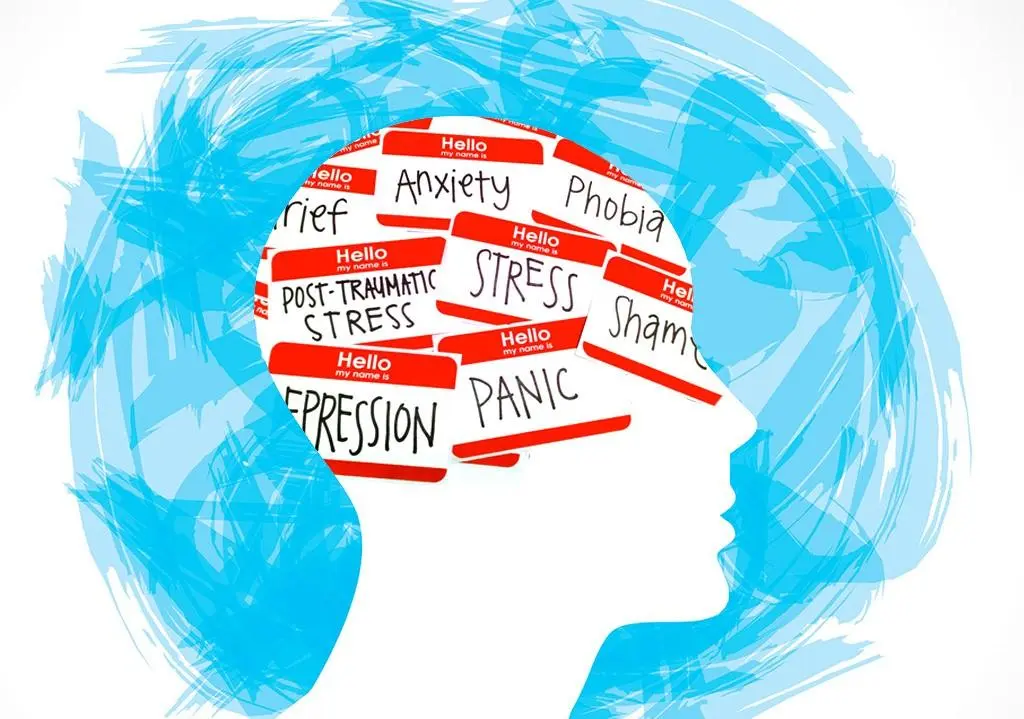As an individual, you are constantly being told what to believe. Politicians and newscasters, journalists and authority figures, bumper stickers and religious leaders – they all try to tell you what to think. Sometimes you listen; sometimes you don’t. You also hold a plethora of opinions. Some are formed based on subjective experiences, such as your favorite ice cream flavor or which season you think is best. Others cover big ideas like politics and morality. What is and is not ethical, how the country should be run, what legislation is ideal or harmful. These opinions require logical reasoning and thought. But in a world where rhetoric is thrown at us constantly, where it’s so easy just to believe what you’re taught, how do we determine which beliefs we hold because we genuinely believe them, and which we hang on to because someone told us to? The answer, as uncomfortable as it may be, is to have others question them through disagreement.
It is clear that the environment we grow up in has an unquestionable effect on the ideologies we subscribe to. The cultural norms and viewpoints one is exposed to in their formative years impact their views on such subjects in the long term. Studies have shown that children whose parents identify with a given political party are significantly more likely to identify with that party, and that the earlier one establishes party affiliation the less likely they are to identify with a different one later in life. In short, humans have a tendency to stick with the beliefs they are taught. With this in mind, it becomes imperative that one understands that their opinions are likely heavily influenced by their family, the political climate of the area in which they live, and the media they’ve been exposed to.
Furthermore, it is absolutely necessary to understand the importance of having thought out opinions. Believing something because you’ve been told to, because you always have, because everyone around you does leaves you with a lack of rational understanding about the issues at hand. It renders you uninformed and oftentimes unwilling to entertain information which contradicts your position. You’re left with a one-sided and unexamined opinion without real consideration.
The way to prevent this is to allow your beliefs to be questioned. Intellectually based disagreement allows for exposure to opposing opinions. It challenges thinking and allows one to see flaws in their beliefs. Arguing forces people to justify themselves, to provide rational and logical reasoning to support an idea. When beliefs face opposition, the holder must consider why they believe them. It exposes ideas which don’t hold up to logical scrutiny, ideas which would likely have gone unexamined had they not been challenged. It’s very difficult to determine which ideas are worth believing when they aren’t forced to contend with other outlooks.
If you are able to have an intellectually honest disagreement, in which both parties are willing to change their minds, there will be one of two outcomes: either you will maintain your original position, or you won’t. If you argued for your side, listened to the opposition and decided based on logical reasoning that your idea still stands, you now know that the belief holds up to scrutiny and are more confident in your correctness. That’s great. But maybe you found the opposition’s argument more compelling than your own. Maybe they said something which gave you pause, maybe they presented a point you couldn’t refute. Maybe you realized that your belief doesn’t quite withstand being challenged. This is great too! That means it’s time to re-evaluate your position, to think deeper about the issue and reconsider your previously held idea. Either way, you now have a deeper understanding of the topic and have thought critically about it. Your opinion is better supported and more well informed.
It’s difficult to have your beliefs questioned. It’s so easy to feel like you’re under attack and to get defensive. But remember it’s okay to change your mind and that the process of supporting a claim is an exercise in critical thinking. To be willing to debate is to be willing to entertain opposing perspectives. It’s so important to feel comfortable with that. So argue. Debate, disagree, discuss, examine beliefs and allow your beliefs to be examined. Be open to changing your position if enough evidence and reasoning is presented. Because even though it may be hard, the only outcome of respectful, intellectually honest discourse is better thought-out opinions and deeper thought.


